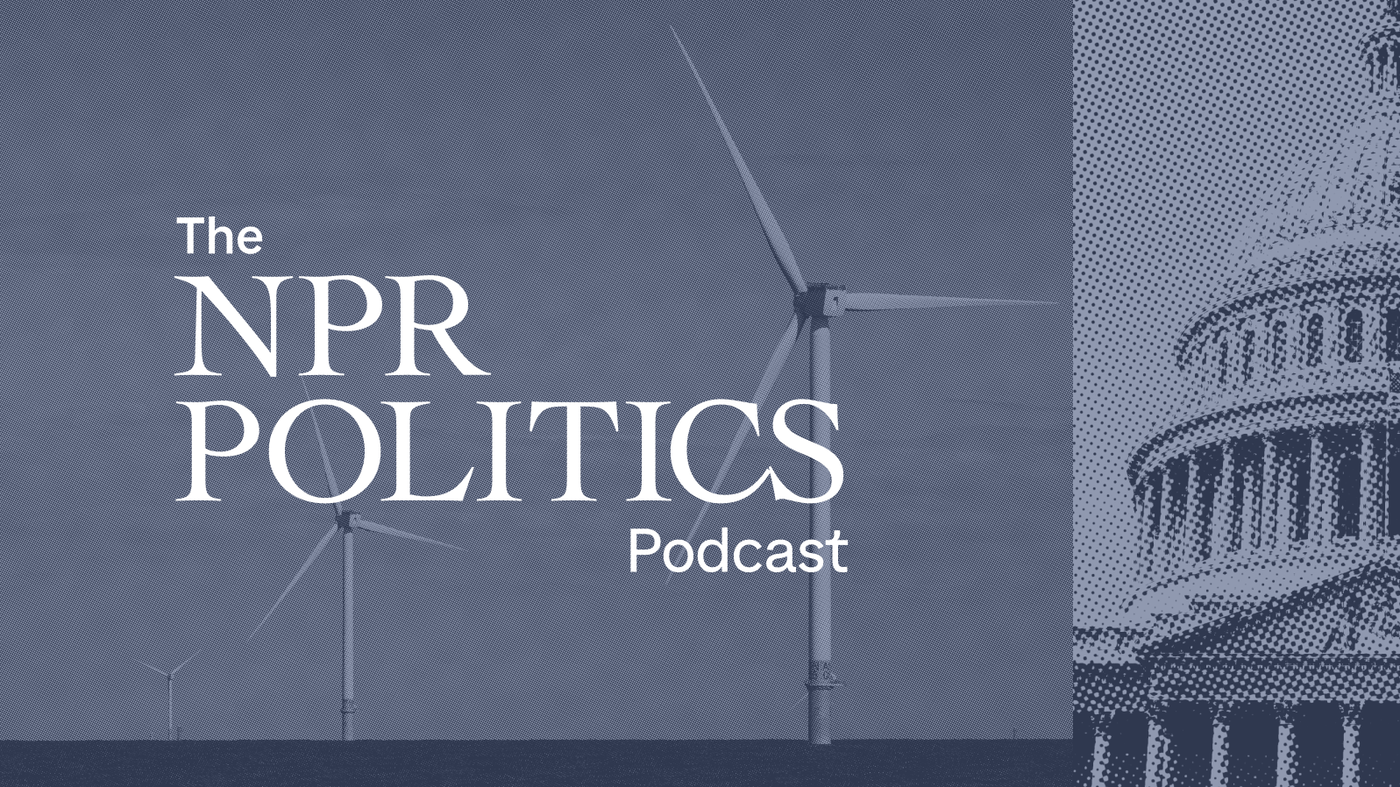Energy Showdown: Trump's Emergency Decree Sparks National Debate

Trump's Energy Emergency: Drilling Down on Promises and Implications
In a bold declaration during his inaugural address, President Trump proclaimed, "We will drill, baby, drill" while announcing a national energy emergency. But what does this provocative statement really mean for the energy landscape, climate challenges, and everyday consumers?
NPR's expert team of political, climate, and business correspondents—Sarah McCammon, Jeff Brady, and Camila Domonoske—dive deep into the potential consequences of this dramatic energy policy shift.
Key Insights
- Potential massive expansion of fossil fuel extraction
- Potential environmental and climate change implications
- Economic impacts on energy markets and consumer prices
This compelling analysis comes from the NPR Politics Podcast, meticulously produced by Bria Suggs and Kelli Wessinger, and expertly edited by Casey Morell, with executive leadership from Muthoni Muturi.
For an uninterrupted, in-depth exploration of this topic, listeners can access sponsor-free episodes and bonus content by signing up at NPR Politics Podcast+.

